
The Corporation
The Pathological Pursuit of Profit and Power
Read offline
Recommendation
The steady drumbeat of corporate scandals in recent years has made many observers wonder what happened to corporate responsibility. Law professor Joel Bakan has a contrarian answer: Corporate responsibility never existed in the first place. He persuasively argues that corporations are "pathological" to the core, spurred by tradition and legal precedent to ignore all goals except maximizing profits. Bakan’s tone is strident at times, and the back-cover endorsement by noted leftist MIT linguistics professor Noam Chomsky may suggest that Bakan is not a dispassionate observer. Still, he compiles enough detail to bolster his point. His account of how General Motors reputedly calculated that it was cheaper to let people die due to a safety flaw than fix the defect is eye opening - although not necessarily surprising to readers who share the author’s disdain for big business. getAbstract.com recommends this study to those who would like to explore corporate’ behavior and its impact on society, albeit from a contrarian’s point of view.
Summary
About the Author
Legal scholar Joel Bakan is a professor of law at the University of British Columbia. He is a former Rhodes scholar and a former law clerk to the chief justice of the Canadian Supreme Court. Bakan’s previous book is Just Words: Constitutional Rights and Social Wrongs.










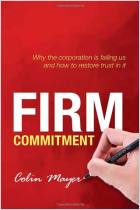
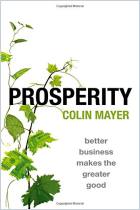
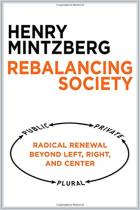
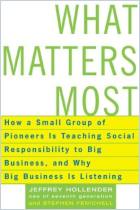
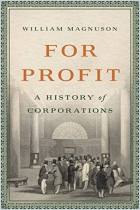





Comment on this summary or Diskussion beginnen